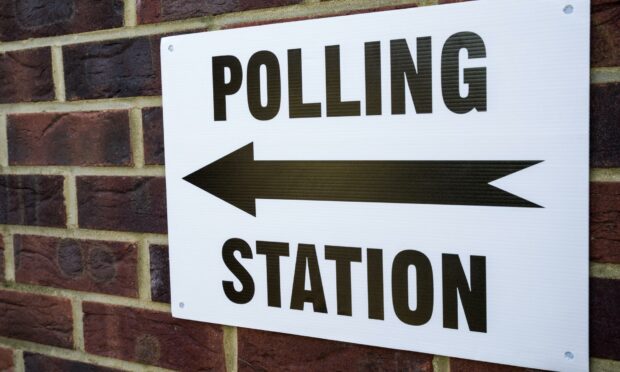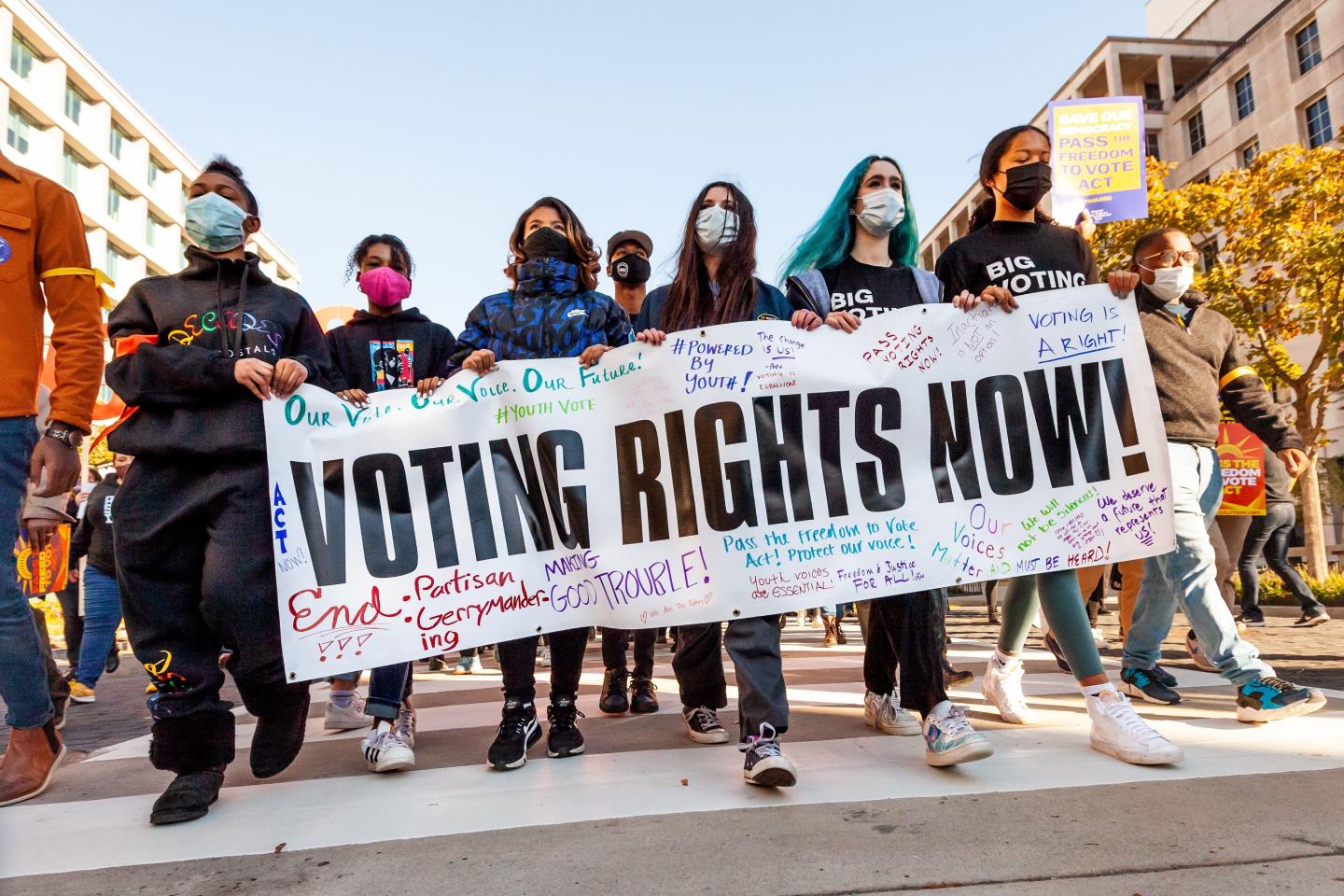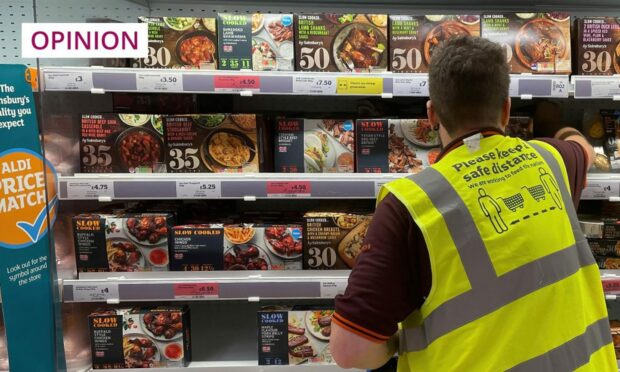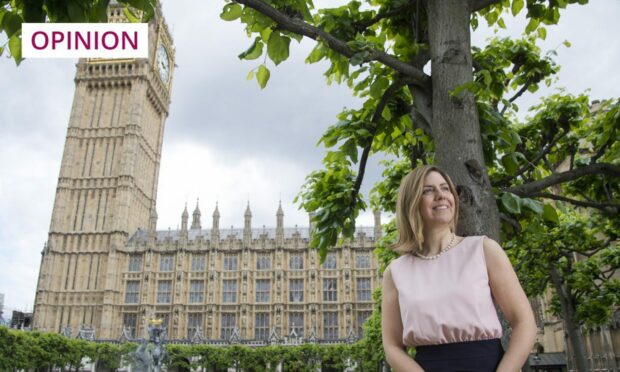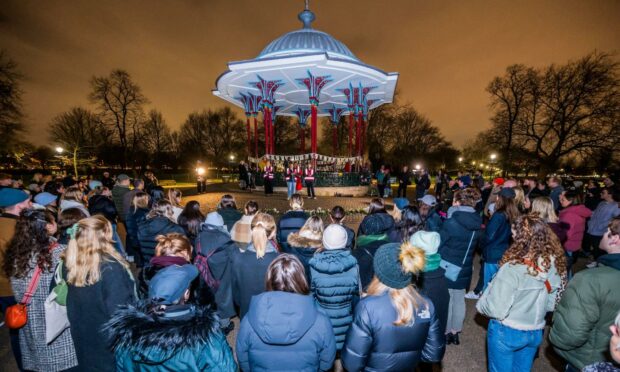Do you remember when The X Factor was accused of rigging the results of a live finale?
In 2007, more than 1,100 complaints were submitted to media watchdog Ofcom. The programme admitted that “serious technical issues” meant some votes cast during the final showdown weren’t counted, but maintained that it didn’t “alter the actual outcome” of the vote.
Please don’t prematurely invite me to join your pub quiz team; I’m not some rabid X Factor fan. But the show’s voting scandal has stuck in my memory, presumably because it was massive mainstream news at the time.
Now there’s a new voting scandal in town – one that has the potential to be so massive and mainstream that it could affect every single person living in the UK. And some are outraged about it; more than 1,100 of us, I’m willing to bet. Yet, it’s getting lost in the noise.
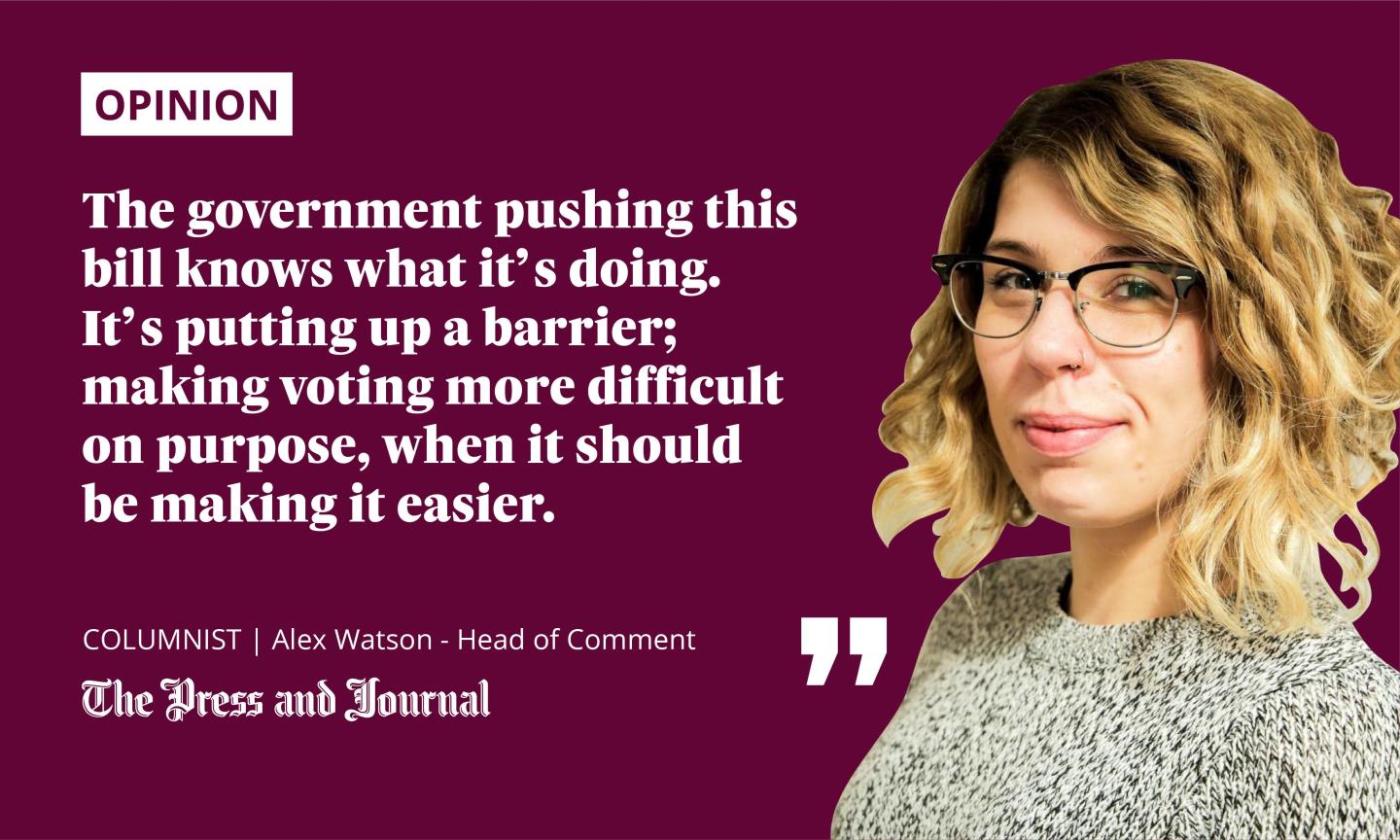
Last weekend, camouflaged underneath all the shouting about partygate, MPs voted in favour of the Elections Bill. The bill proposes that citizens must show official identification before they can vote.
The idea is that this avoids electoral fraud, which I could get behind if the UK had ever had noteworthy issues with electoral fraud – but it hasn’t.
Generally speaking, a couple of hundred alleged cases of it are reported to the police every year, and a handful are investigated. Annual conviction numbers are in single digits. So, hardly a widespread problem.
Still, where’s the harm in flashing your ID at the polling station door, like you’re hitting the world’s most boring nightclub? No biggie, right?
What if you can’t afford ID?
For a lot of people – people like me, who have held a passport or a driving licence or both for many years – it really is no biggie. But passports and driving licences cost a chunk of money to get (up to £95 and £43 respectively), plus more to renew.
They’re only really worth having if you’re travelling abroad or driving a car. There’s a large portion of the UK population who simply can’t afford to do these things. So why would they spend unnecessary cash – cash they need to pay for food and bills – on ID?
The UK Government says other documents will be accepted – some travel passes and PASS scheme cards, such as the CitizenCard. All of these cost money, albeit “not much” – which, of course, depends on your circumstances. Getting hold of them also involves time, research, most likely internet access.
The Cabinet Office has shared plans for local councils to provide free anonymous elector cards as an alternative. But, again, becoming a holder of one of these requires knowledge of the scheme and an investment of time and energy in the application process.
Still not got an acceptable form of ID? Hey, don’t worry, “expired documents will also be accepted, as long as the photograph is of a good enough likeness of the person voting”. But who will be the judge of that?
2% versus 1 million
The flaws in this plan have been pointed out to the Conservative Party, of course. In an FAQ about the Elections Bill, they respond to claims that two million people will lose the right to vote if the showing of ID is made mandatory:
“We have published research that shows that 98% of electors already own a photographic document that is on the broad list of acceptable types of identification, and the 2% that currently do not, would not equate to two million.”
It’s already harder to vote in the UK than it needs to be. Countries like Canada and Finland automatically register their citizens to do it
Using percentages here is tactical and smart, in a sinister way – 2% sounds like nothing.
But, as of December 2020, a total of 46,906,270 people were registered to vote in UK Parliamentary elections. I’m no maths whiz, yet even I can work out that 2% of that equates to more than 938,100 people. Close to a million. A million sounds like a lot.
If it wasn’t obvious already, the spin gives away the truth – the government pushing this bill knows what it’s doing. It’s putting up a barrier; making voting more difficult on purpose, when it should be making it easier.
Mandatory voter ID damages democracy
It’s already harder to vote in the UK than it needs to be. Countries like Canada and Finland automatically register their citizens to do it. Here, you have to opt in repeatedly, ahead of time. In 2019, an estimated nine million eligible UK voters weren’t properly registered, and therefore wouldn’t be allowed to have their say in a snap election.
Mandatory voter ID would have a negative effect on democracy. It deters people on low incomes from voting. People from ethnic minorities, too. Elderly people. Disabled people.
This isn’t a guess – it’s fact. We know because we’ve already seen it in action in America, where 34 states have identification requirements at the polls, and seven have strict photo ID laws.
The Scottish Government is against mandatory voter ID, and this could mean Scotland avoids having to comply for general elections, even if the bill passes. But that doesn’t mean we should just shrug our shoulders and let the UK Government get on with it.
For the first time in my life, I’m inspired by X Factor. If 1,100 Saturday night telly watchers can rock the boat enough for it to be remembered 14 years later, I know we can do something here.
You might not be at risk of being directly affected, but it doesn’t mean you shouldn’t stand up for the rights of those 938,100-odd people (and more) who will be. My vote is no more important than theirs. Nobody’s is.
Alex Watson is the Head of Comment for The Press & Journal and has never voted in an X Factor live final
